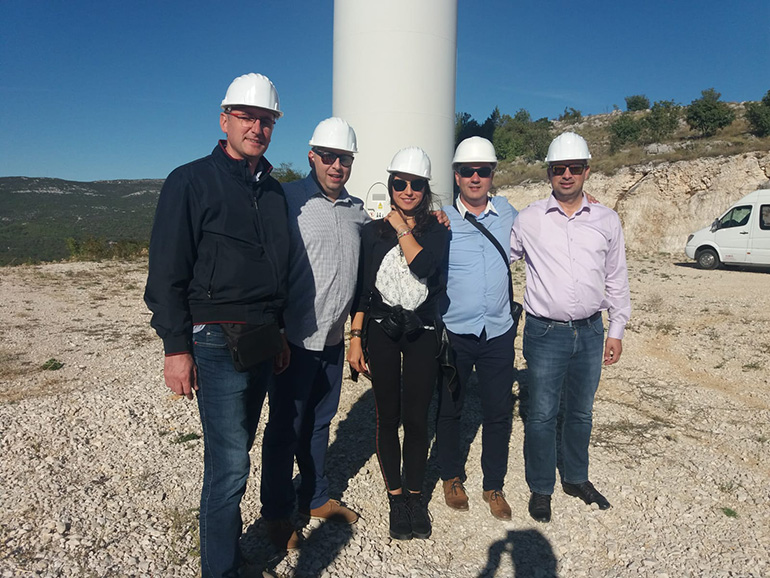Whilst one city has prime lakeside location in Central Finland and the other enjoys the coast of the Adriatic Sea, Jyväskylä (Finland) and Split (Croatia) are two different cities united by a strong tie to water. In both ICC core cities flows the ambition to further green their economies.
We spoke with ICC coordinators Iiris Asunmaa (Jyväskylä) and Andrea Barić (Split) to learn about how the ICC can help transform their cities and how their local initiatives can inspire the ICC network.
Jyväskylä (Finland)
Jyväskylä has set itself the ambitious goals of becoming carbon neutral by 2030 and waste free by 2040. Luckily, the city is home to two large universities and other educational institutions, such as, an upper secondary educational institute. Students make up one third of the city’s population so there are lots of bright and environmentally conscious minds that can help achieve these goals.
The initiative of three educational institutions, EduFutura Jyväskylä, is redefining access to education. EduFutura Jyväskylä is a learning, research, and development community based on collaboration of three leading education providers which aims to search for learning solutions of the future and to create diverse opportunities for students to pursue flexible and individual study paths. Students are no longer restricted to the courses that only their main facility offers but have access to already over 150 courses of different institutions in the city.

Photographer: Tero Takalo-Eskola
Jyväskylä is now exploring the options to expand this mechanism. This decision was made in light of EduFutura’s lifelong learning strategy to make sure people acquire the right skills which remain relevant for the ever-changing job market. A striking example is the impact that COVID-19 had on the paper industry in this region. The industry workforce was unfortunately confronted with many redundancies. The city is now looking into offering these people opportunities to acquire new skills so they can find new jobs to secure their future and boost the local economy.
Another initiative for companies and skilled employees is Eteläportti. This is a modern digital service centre for the manufacturing industry. The objective of the initiative is to promote wise use of resources, carbon solutions, and to build networks to boost business success for the industry in the region.
“City strategies need to be developed together with whole ecosystem. Too often city strategies tend only to focus on city organisations” adds Iiris Asunmaa.
Split (Croatia)
Split sees a bright and sunny future ahead. This vision can be taken quite literally, as the city has strong ambitions to take full advantage of its solar and hydrogen potential. One of the biggest challenges of the city is in securing energy sufficiency in the future. Decarbonising the local economy can be achieved through the digitalisation of the energy systems, smart deployment of renewable energy technologies, and advancing the overall green economy. A successful green transition of the city can only be achieved through collective efforts.

Achieving the objectives of a local green transition is not possible without optimisation of city services. That is why the city of Split is sparing no effort in implementing a project to fully digitalise government services and build internal digital capacities. To that effect, a Smart City Application was launched recently. It would integrate all city services such as communal, energy infrastructure, ICT, traffic security, public procurement, etc., on a platform that would be available to residents.
“Split cannot wait to engage and learn from the ICC knowledge and investment network. We are looking forward to exchanging ideas, creating new partnerships and developing innovative solutions on this exciting journey” says Andrea Barić.
As eager as Split is to learn from the ICC, we are happy to share the knowledge gained from the program across Croatia. The City of Split has proactively contacted key industry stakeholders such as the Croatian Chamber of Commerce, a legacy institution with longstanding network with private sector actors and green entrepreneurs on the national level. Through this network, the entire City of Split as well as the broader national economy can benefit from the knowledge and expertise that the ICC produces.
Learn more about Jyväskylä (Finland) and Split (Croatia) on their ICC city pages.


